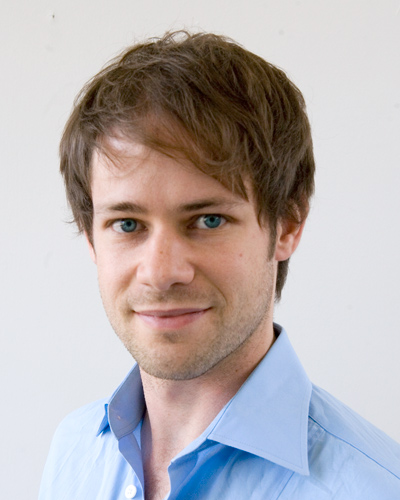
Prof. Quentin Huys – PI
Quentin Huys is Professor of Computational Psychiatry in the Division of Psychiatry and the Institute of Neurology at University College London. He is also the deputy director of the Max Planck UCL Centre for Computational Psychiatry and Ageing Research, and a consultant psychiatrist with Camden and Islington NHS Foundation Trust. Quentin did his undergraduate at Gonville and Caius College, Cambridge University, followed by a MB/PhD at UCL Medical School and the Gatsby Computational Neuroscience Unit with Peter Dayan. After postdoctoral research at the Center for Theoretical Neuroscience at Columbia University, he undertook his psychiatry residency at the Hospital of Psychiatry in Zurich and was as a senior research fellow at the Translational Neuromodeling Unit, which is part of both ETH Zürich and the University of Zürich.

Dr. Yaniv Abir – Postdoctoral Researcher
Yaniv completed his PhD at Columbia University with Daphna Shohamy and Mike Shadlen, studying how humans explore their environment and what drives their curiosity for various types of information. Broadly, Yaniv is interested in how humans plan their future actions in the service of their goals, and how such planning strategies change with states of mental health.
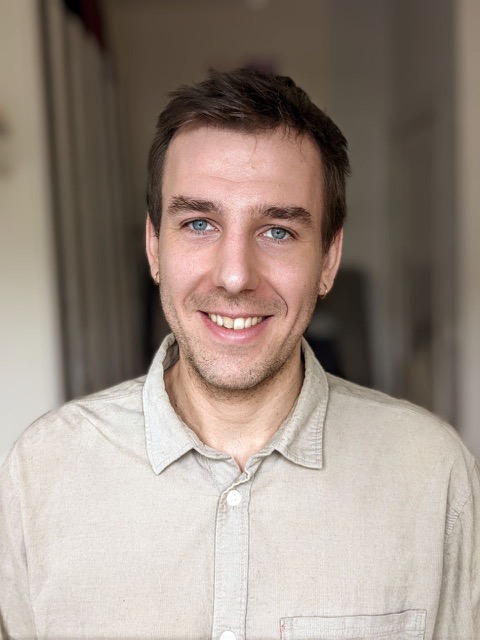
Dr. Tore Erdman – Postdoctoral Researcher
Tore did his PhD in Cognitive Neuroscience at SISSA, where he worked on computational characterisations of inference processes in delusional ideation. He is interested in mathematical modelling of cognition, behavior and methods for characterising individual differences of inference processes, and model-based analyses of imaging data. He holds a B.Sc. in Psychology from the University of Groningen and a M.Sc. in Statistics from the Ludwig-Maximilians University of Munich.

Dr. Anahit Mkrtchian – Postdoctoral Researcher
Anahit did her PhD in Cognitive Neuroscience at UCL, examining the motivational mechanisms driving the antidepressant effect of ketamine in treatment-resistant depression using cognitive, computational and neuroimaging (EEG/fMRI) methods. Prior to this, Anahit completed her MSc in Cognitive Neuroscience at UCL, and her undergraduate degree in Psychology at the University of St Andrew. She is particularly interested in examining the neural representations of internal states, specifically those related to maladaptive cognition in depression and exploring these based on the coding principles of the hippocampal-entorhinal system.
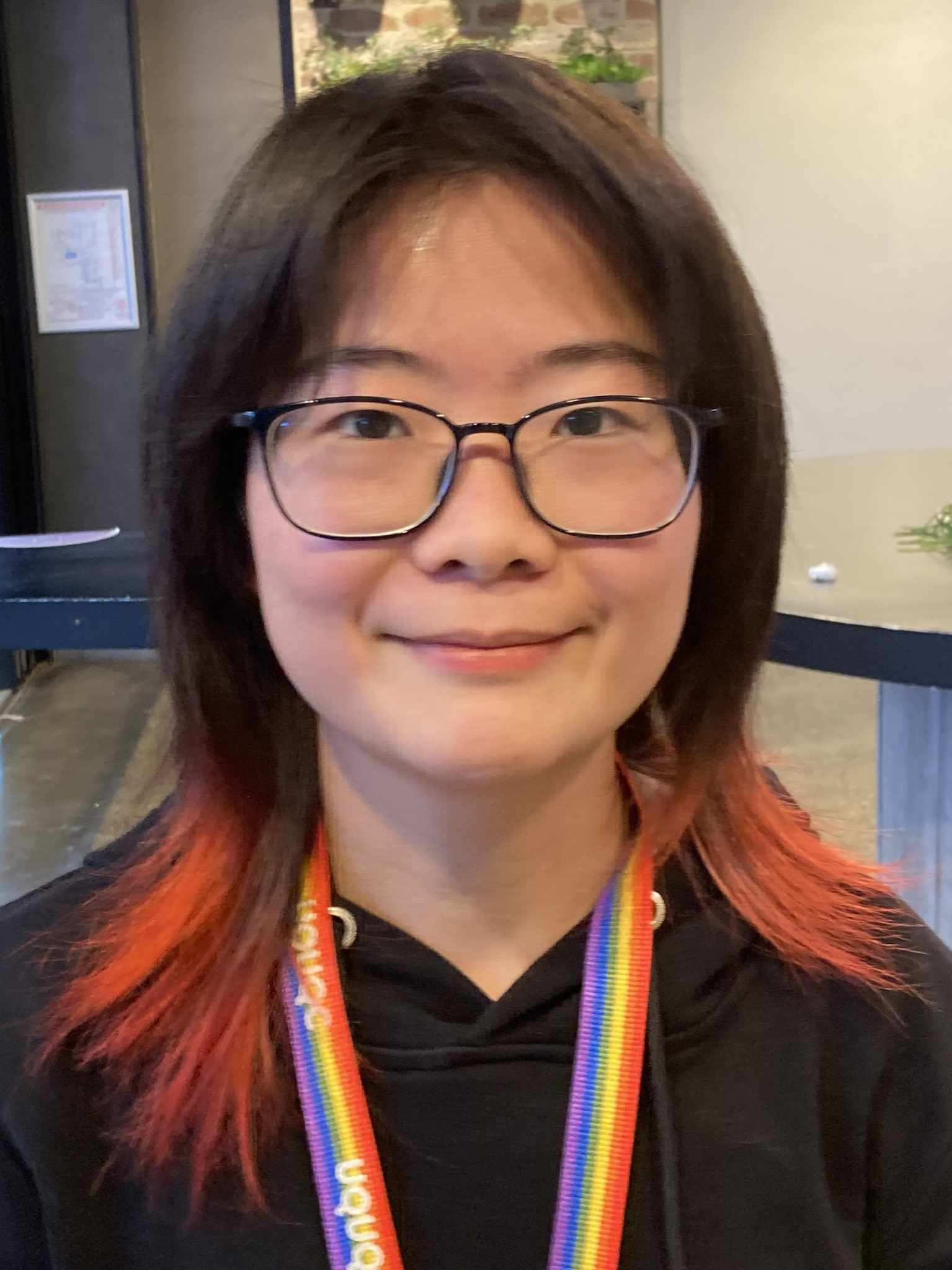
Dr. Zeguo Qiu (Elizabeth) – Postdoctoral Researcher
Elizabeth did her PhD in cognitive psychology/neuroscience at University of Queensland where she studied the neural processing of emotional faces and its interplay with visual awareness and attention, using EEG. She holds a Bachelor of Psychological Science (Honours Ⅰ) from University of Queensland and a Bachelor of Science in applied psychology from Guangdong University of Foreign Studies. She is interested in understanding a wide range of cognitive processes from human and animal neural data.

Dr. Isabel Berwian – Affiliate Researcher
Isabel is a postdoctoral researcher with Yael Niv at Princeton University and an affiliated researcher with the Applied Computational Psychiatry Lab. Her goal is to develop computational tools to examine mechanisms of change in psychotherapy and subsequently use these tools to identify predictors of treatment response to specific psychotherapy interventions. To this end, she is building generative computational models and behavioural tasks of learning and decision-making implicated in depression and psychotherapy interventions. In collaborations with researchers running clinical intervention studies, she is testing the predictive power of these tools.
She completed a Bachelor (University of Oxford) and Master (UZH) in Psychology and her training as clinical psychologist. In parallel, she did her PhD at the Translational Neuromodeling Unit in Zurich under the supervision of Quentin Huys focusing on relapse prediction after antidepressant discontinuation.

Dr. Michaela Poppe – Trial Manager
Michaela is a Clinical Trial Manager on the RELMED study. She studied Patholinguistics at the University of Potsdam in Germany and completed an MSc in Human Communication at UCL. She went on to do a PhD in Psychology at King’s College London investigating language function in mild cognitive impairment and Alzheimer’s disease. Michaela worked on several clinical trials and qualitative studies in the fields of dementia and intellectual disability at UCL, Queen Mary University of London and the Institute of Psychiatry, Psychology and Neuroscience at King’s College London.
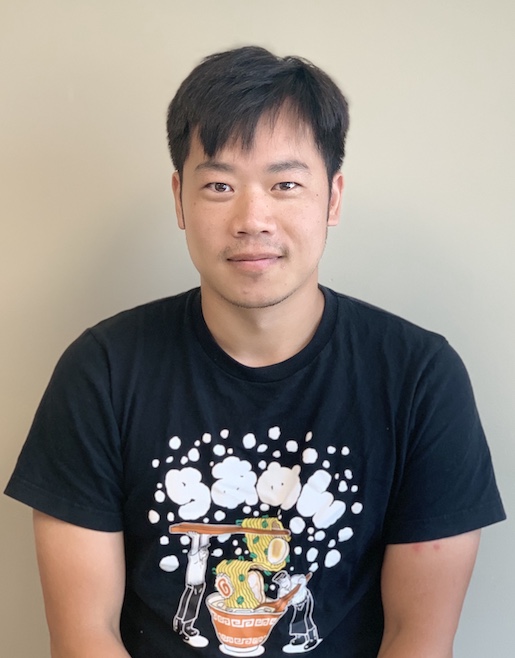
Jiazhou Chen – PhD student
Jiazhou is a PhD student in the UCL-NIMH Joint Doctoral Training Program in Neuroscience, jointly supervised by Dr. Quentin Huys and Dr. Argyris Stringaris. He completed his undergraduate training at the University of Texas at Austin. Prior to joining the lab, he worked as a research programmer at the Decision Neuroscience and Psychopathology
Lab at the University of Pittsburgh Medical Center. He is interested in using computational modeling and brain imaging techniques to investigate the role of mood during decision making and learning in the context of understanding maladaptive behaviors related to depression, such as anhedonia. His current project focuses on modeling momentary mood in different reward and effort conditions.
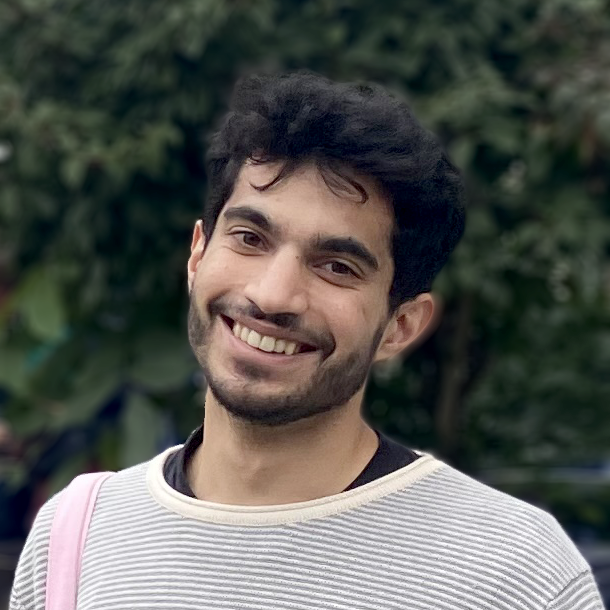
Quentin Dercon – PhD Student
Quentin is a student on the UCL-Wellcome mental health science PhD programme. Prior to joining UCL, he completed a BA in neuroscience at the University of Oxford, and an MSc in medical statistics at the London School of Hygiene & Tropical Medicine. He then worked as a research assistant at the Department of Psychiatry in Oxford, contributing to electronic health records studies of long COVID, and at the MRC Cognition and Brain Sciences Unit in Cambridge in the Nord lab, investigating the effect of a psychotherapeutic intervention (“cognitive distancing”) on reinforcement learning (RL) and momentary affect in a large online study. He is particularly interested in the computational mechanisms of psychiatric treatment (non-)response, and while in the lab will be developing and piloting online tasks to assay the effect of different antidepressant classes on various RL domains.

Anna Hall – PhD student
Anna is a PhD student on the UCL-Wellcome Mental Health Science and the IMPRS PhD programmes. She completed her undergraduate degree in Psychology at the University of Bath, with a clinical placement year at the Evelina Children’s Hospital, followed by an MSc in Cognitive Neuroscience at the University of York. She then worked as a Research Assistant at the University of Oxford, examining the longitudinal development of executive functions in infants to allow earlier identification of neurodevelopmental and mental health difficulties, before starting her PhD at UCL.
Anna is interested in how computational methods can be used to understand the cognitive mechanisms underlying transdiagnostic symptoms and current treatments for mood disorders to ultimately inform future interventions. Her current project is exploring mechanisms of anhedonia.

Jakub Onysk – PhD student
Jakub is a PhD student on the IMPRS COMP2PSYCH programme. He’s interested in finding out which neuro-computational mechanisms are engaged throughout the process of psychotherapy as well as how self-report is generated with the goal of extracting clinically relevant measures. Jakub’s journey began with the study of Mathematics and Philosophy at Exeter, which led him to pursue an MSc in Cognitive Science at the University of Edinburgh, where he focused on computational psychiatry of eating disorders. Before joining the PhD, he worked as Research Assistant at the Computational and Biological Learning lab at the University of Cambridge looking into mechanisms underlying pain perception, in particular temporal statistical learning and its significance for chronic pain.
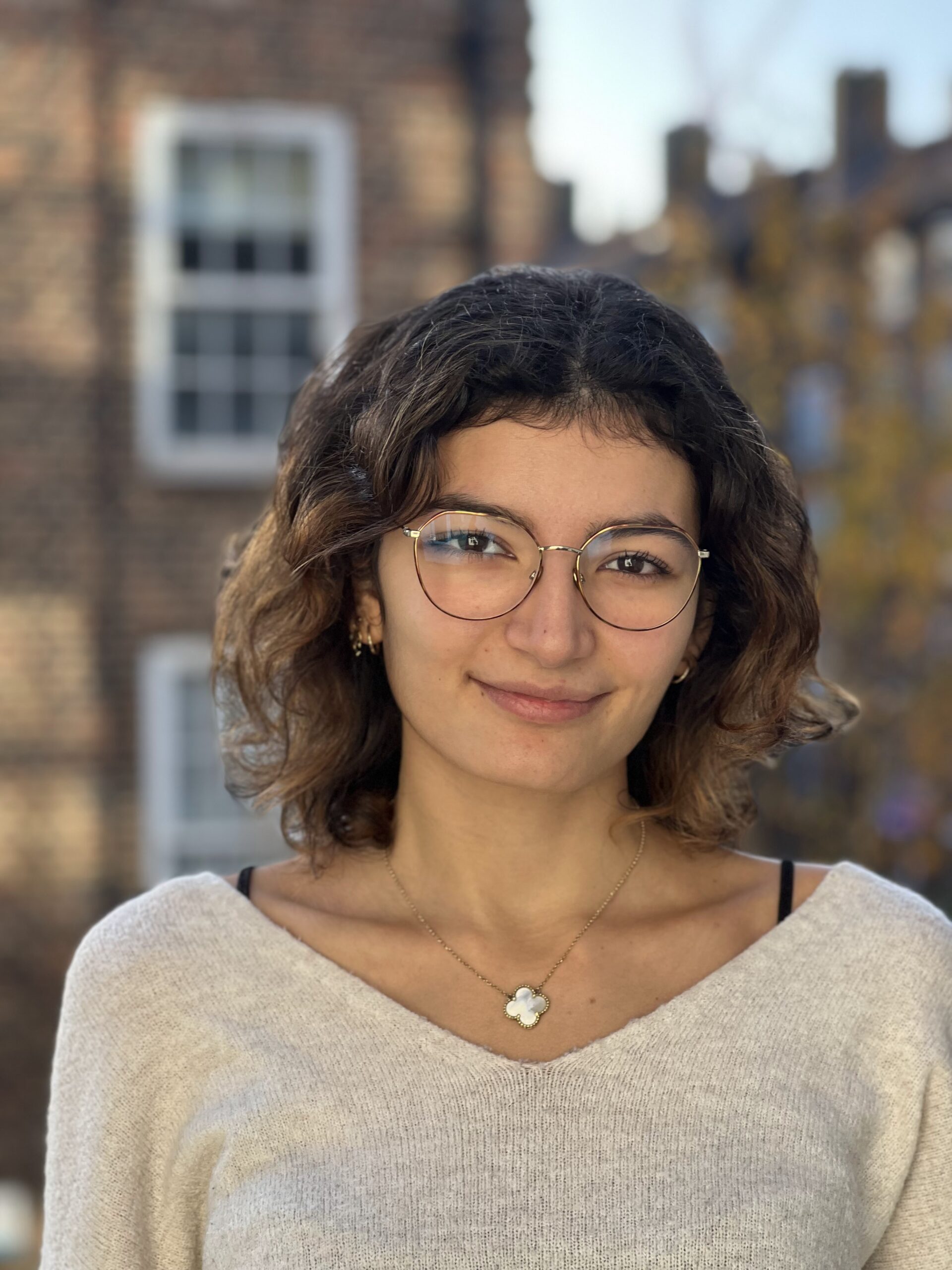
Jade Serfaty – PhD Student
Jade is a PhD student in the LiDo programme. She completed an MSci in Neuroscience at UCL, during which she worked on whole-brain neural population dynamics in the zebrafish at the Bianco lab. She then completed an MSc in Cognitive Neuroscience at ENS Paris, during which she worked on spontaneous approach-avoidance choices in a social context at the LNC2 in the Social Cognition team before starting her PhD at UCL. Her rotation project in the lab focuses on novel approaches to study introspective self-reports of emotions.
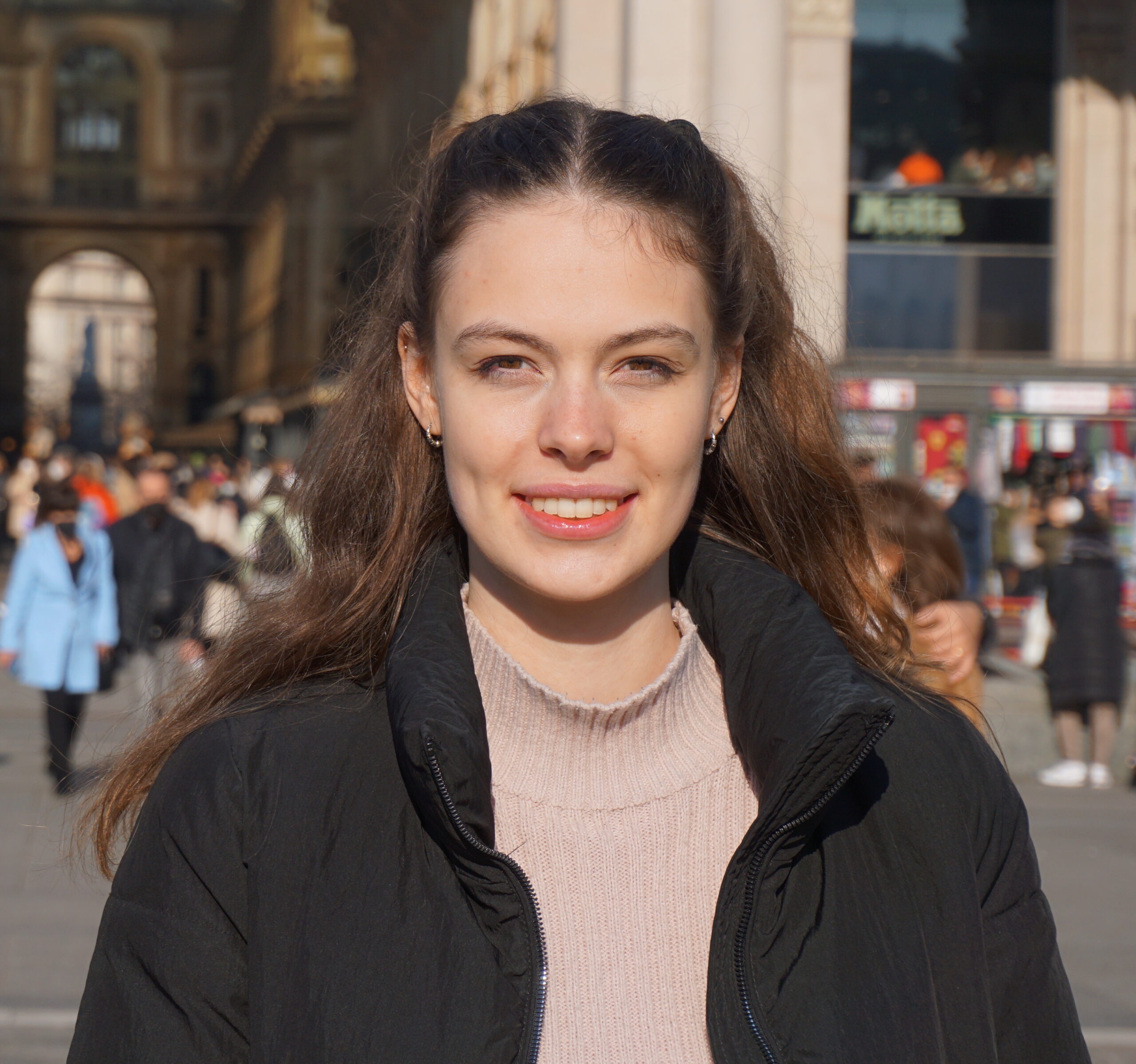
Lioba Berndt – Research Assistant
Lioba joined the lab as a Research Assistant (RA). After completing her BSc in Psychology at the University of Potsdam, she undertook her MSc in Clinical Neuroscience at UCL during which she looked at the neurobiological mechanisms of conversion to psychosis by applying Dynamic Causal Modelling (DCM) and Parametric Empirical Bayes (PEB) on EEG data. She is, particularly, interested in using neuroimaging and cognitive-computational models to investigate the mechanisms underlying change in psychotherapy.
Alumni
Postdocs
Dr Daisy Crawley
Dr. Evan Russek – now postdoctoral researcher at Princeton University
Prof. Daniel Schad – now professor at the Health and Medical University of Potsdam
PhD
Dr. Jolanda Malamud
Dr. Anahita Talwar – now research scientist at GSK
Dr. Isabel Berwian – now postdoctoral researcher at Princeton University
Dr. Daniel Renz – now Expert Data Scientist at Ada Health
Dr. Ismail Guennouni
MSc
Lana Tymchuk
Ann Chu
Subati Abulikemu
Natalia Lopez Chemas
Ryo Segawa – now PhD student at the German Primate Centre in Göttingen
Dr. Falk Lieder – now Group Leader at the MPI for Intelligent Systems in Tübingen
Xueqing Ma
Zaihirah Quddus
Yuki Shimura
Zsofia Sophansay
Marius Tröndle
Valance Wang
Anastasios Ziogas